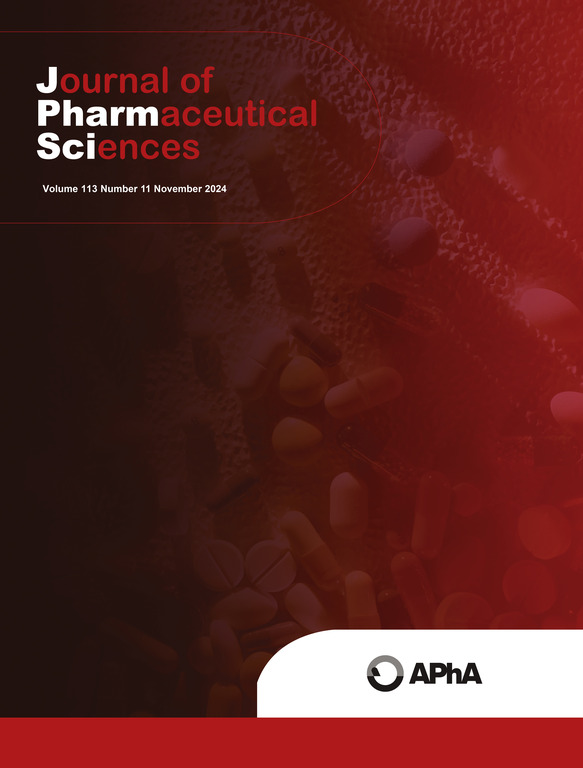The vital role of biological standardization in ensuring efficacy and safety of biological products – Historical perspectives
IF 3.7
3区 医学
Q2 CHEMISTRY, MEDICINAL
引用次数: 0
Abstract
Biological Standardization has been pivotal to the success of traditional biological products, such as vaccines, antitoxins, and immune globulins, by ensuring their quality and consistency across manufacturers worldwide. The principles of biological standardization have similarly supported the development and manufacture of safe and effective modern biological products, including hormone, therapeutic protein, and monoclonal antibody products, and continue to play a vital role in advancing new cutting-edge biological products, such as tissue, cellular, and gene-therapy products. Biological standardization started with the physical standards ensuring the reliability and suitability of methods used to test biological products and science of bioassays or biological methods and related biostatistics providing a framework for evaluating biological, functional activity or potency of these products. It expanded to include written standards defining the quality requirements for manufacturing and regulation of biological standards. Due to the shift in the biologics industry from public health to commercial-driven enterprises during the past 50 years, the biological standardization program has evolved to include the product-specific reference standards and harmonization of physical standards. The global success of conventional vaccines in controlling numerous deadly infectious diseases can largely be attributed to the availability of physical and written international standards developed through a strong biological standardization program. This article explores the evolution of biological standardization for more than a century, its scientific and regulatory principles, challenges from disruption in international standardization efforts, and future perspectives for the field.
生物标准化在确保生物制品的有效性和安全性中的重要作用-历史观点。
生物标准化对疫苗、抗毒素和免疫球蛋白等传统生物制品的成功至关重要,因为它确保了世界各地制造商的质量和一致性。生物标准化原则同样支持了安全有效的现代生物产品的开发和生产,包括激素、治疗性蛋白质和单克隆抗体产品,并继续在推进新的尖端生物产品方面发挥重要作用,如组织、细胞和基因治疗产品。生物标准化始于物理标准,确保用于测试生物产品的方法的可靠性和适用性,以及生物测定科学或生物方法和相关生物统计学,为评估这些产品的生物、功能活性或效力提供了框架。它扩展到包括定义制造质量要求和生物标准监管的书面标准。在过去的50年里,由于生物制品行业从公共卫生转向商业驱动的企业,生物标准化计划已经发展到包括特定产品的参考标准和物理标准的协调。传统疫苗在控制许多致命传染病方面的全球成功,在很大程度上可归因于通过强有力的生物标准化计划制定的实物和书面国际标准的可用性。本文探讨了一个多世纪以来生物标准化的演变,其科学和监管原则,国际标准化工作中断带来的挑战,以及该领域的未来前景。
本文章由计算机程序翻译,如有差异,请以英文原文为准。
求助全文
约1分钟内获得全文
求助全文
来源期刊
CiteScore
7.30
自引率
13.20%
发文量
367
审稿时长
33 days
期刊介绍:
The Journal of Pharmaceutical Sciences will publish original research papers, original research notes, invited topical reviews (including Minireviews), and editorial commentary and news. The area of focus shall be concepts in basic pharmaceutical science and such topics as chemical processing of pharmaceuticals, including crystallization, lyophilization, chemical stability of drugs, pharmacokinetics, biopharmaceutics, pharmacodynamics, pro-drug developments, metabolic disposition of bioactive agents, dosage form design, protein-peptide chemistry and biotechnology specifically as these relate to pharmaceutical technology, and targeted drug delivery.

 求助内容:
求助内容: 应助结果提醒方式:
应助结果提醒方式:


